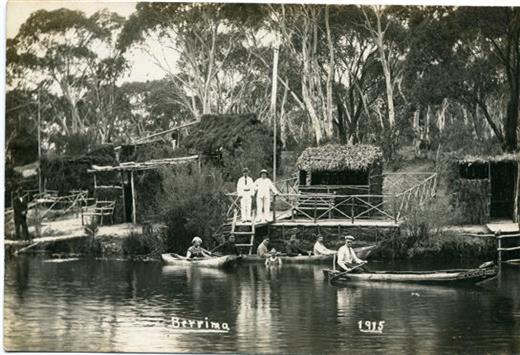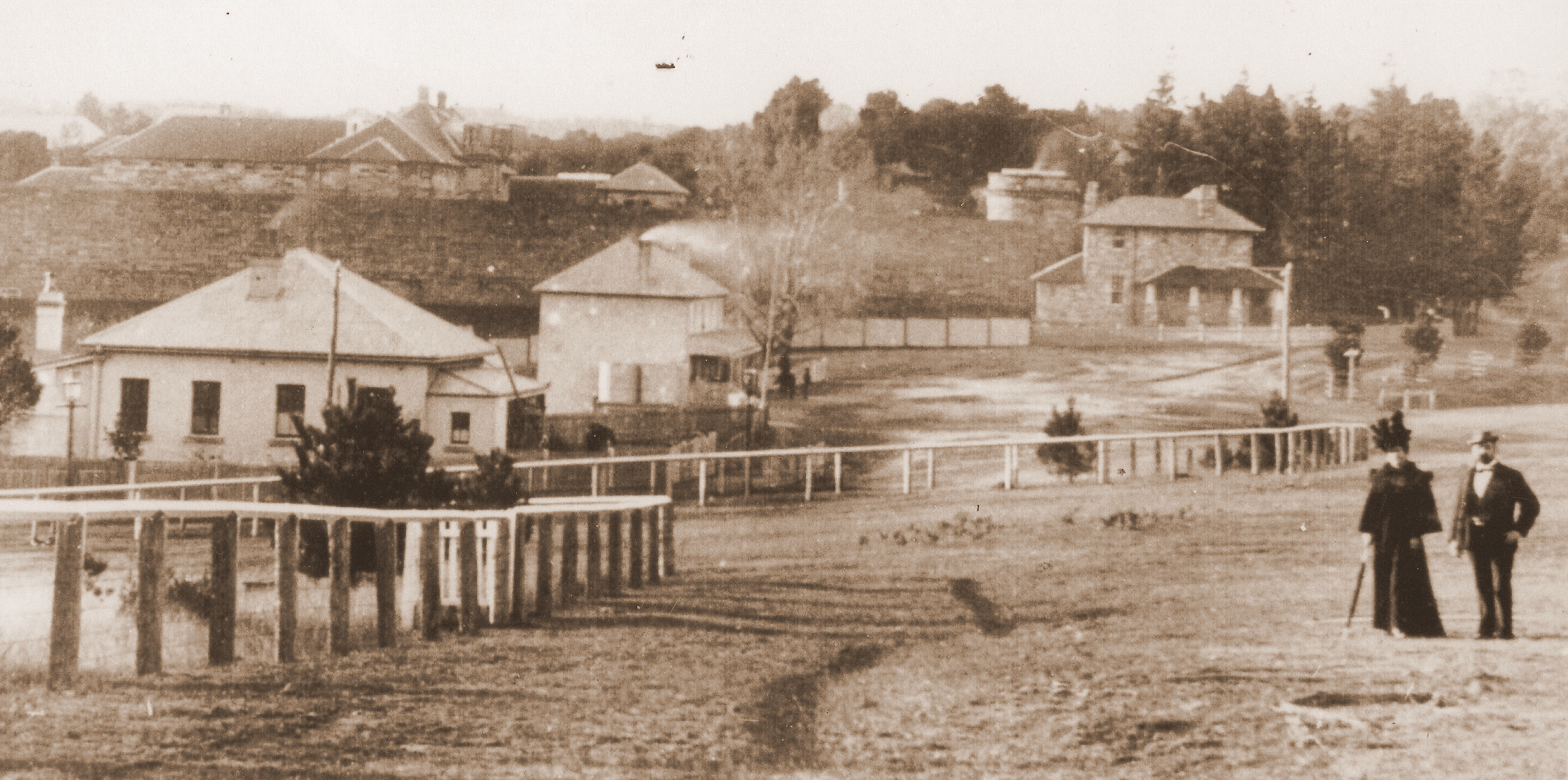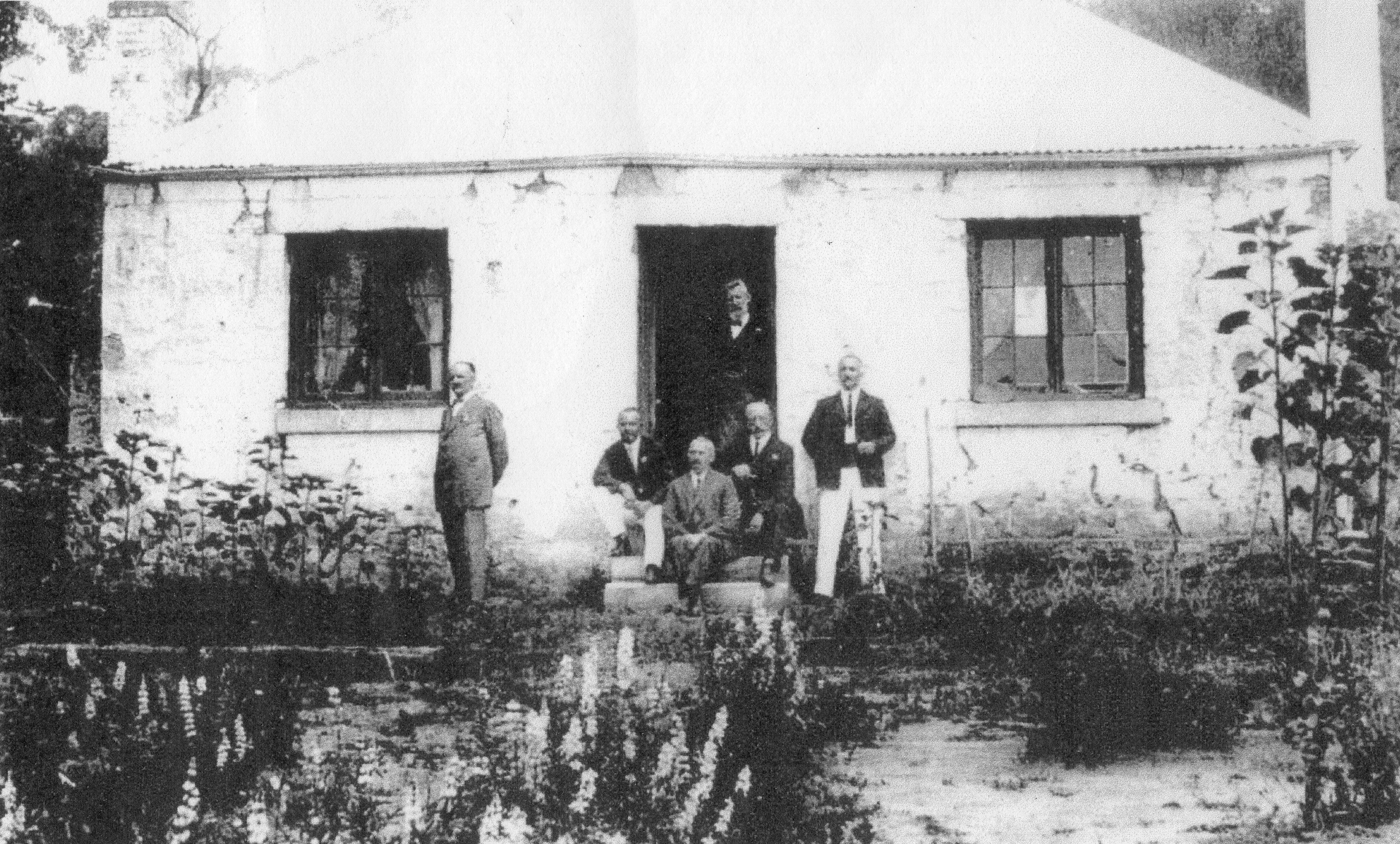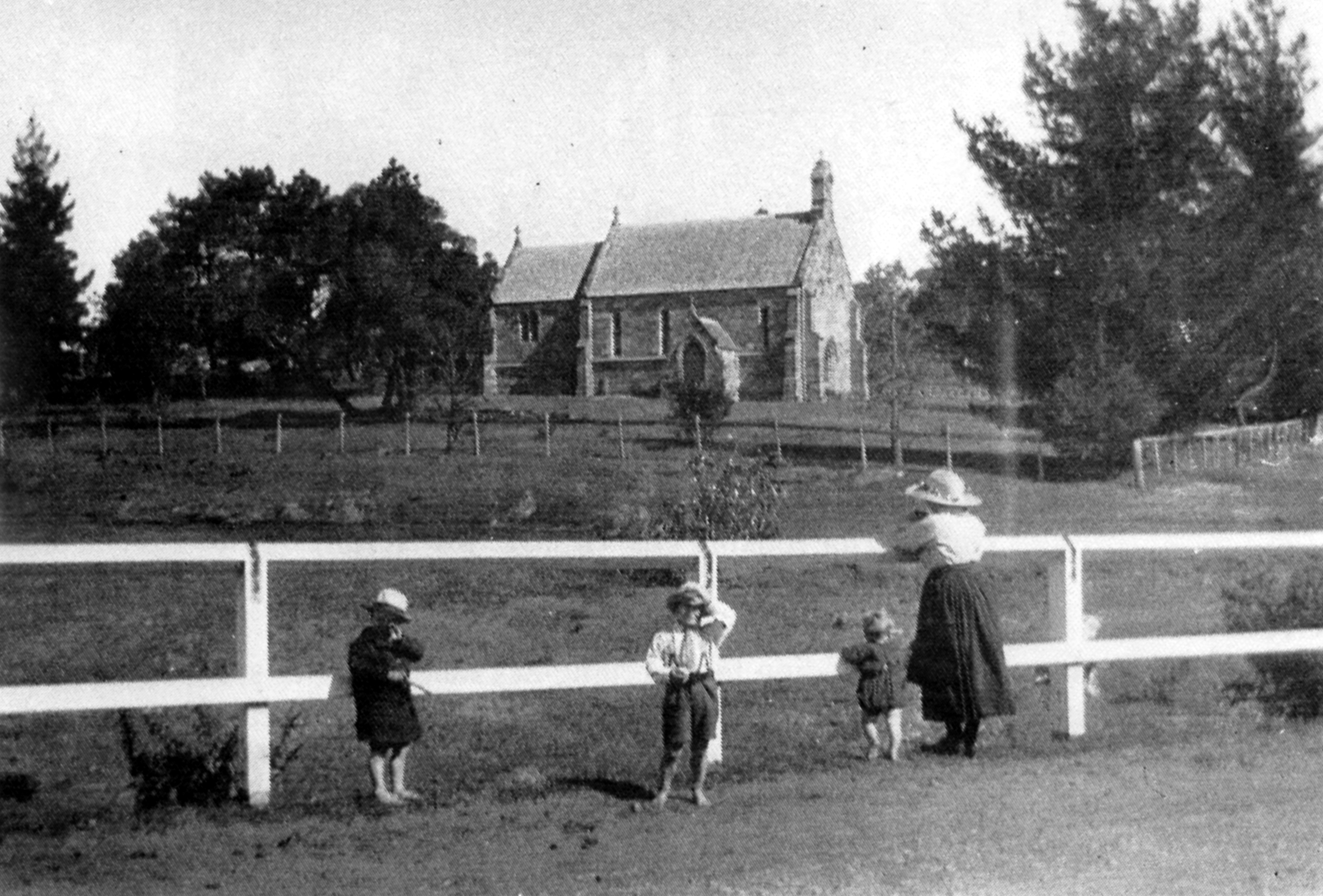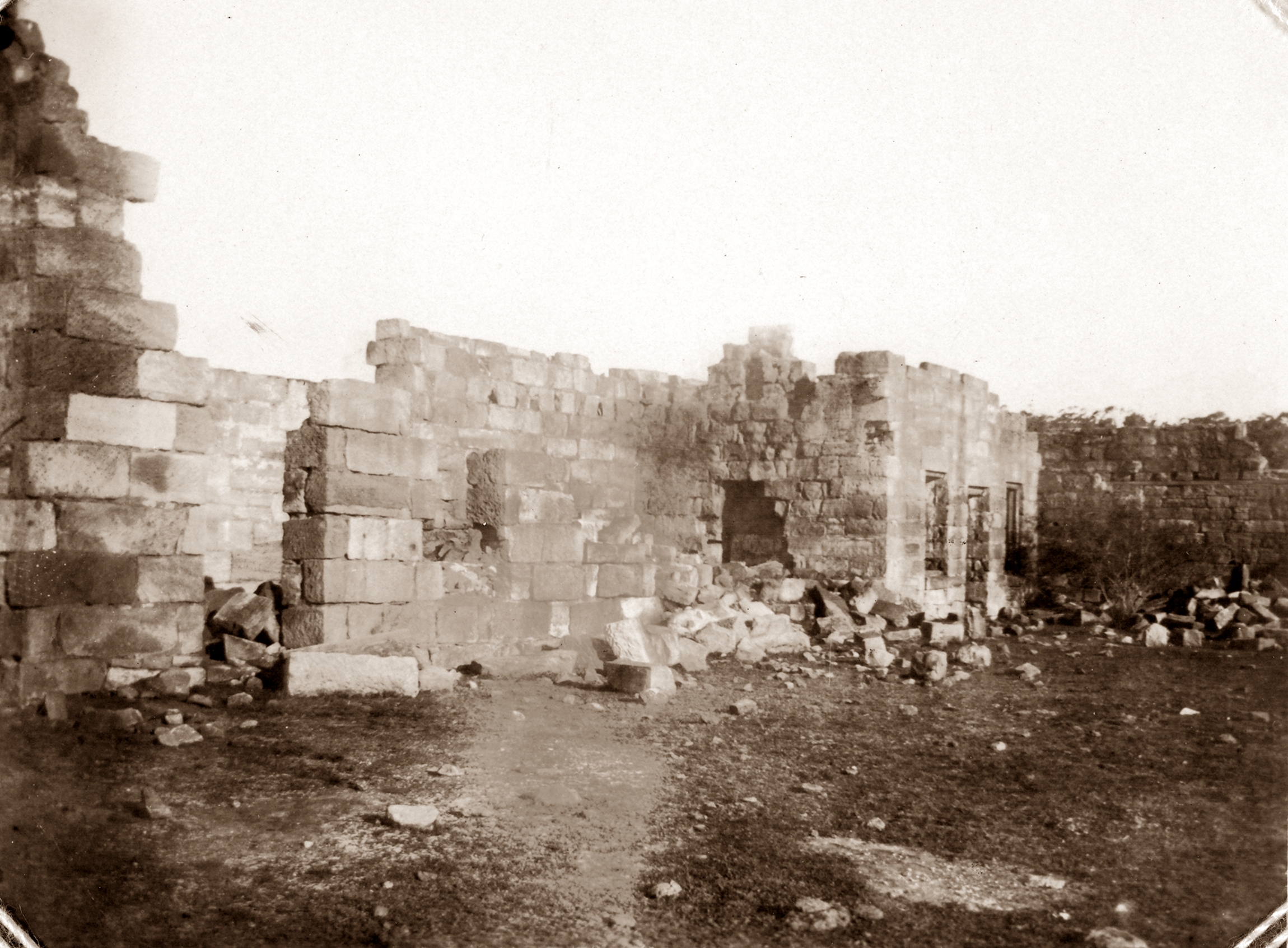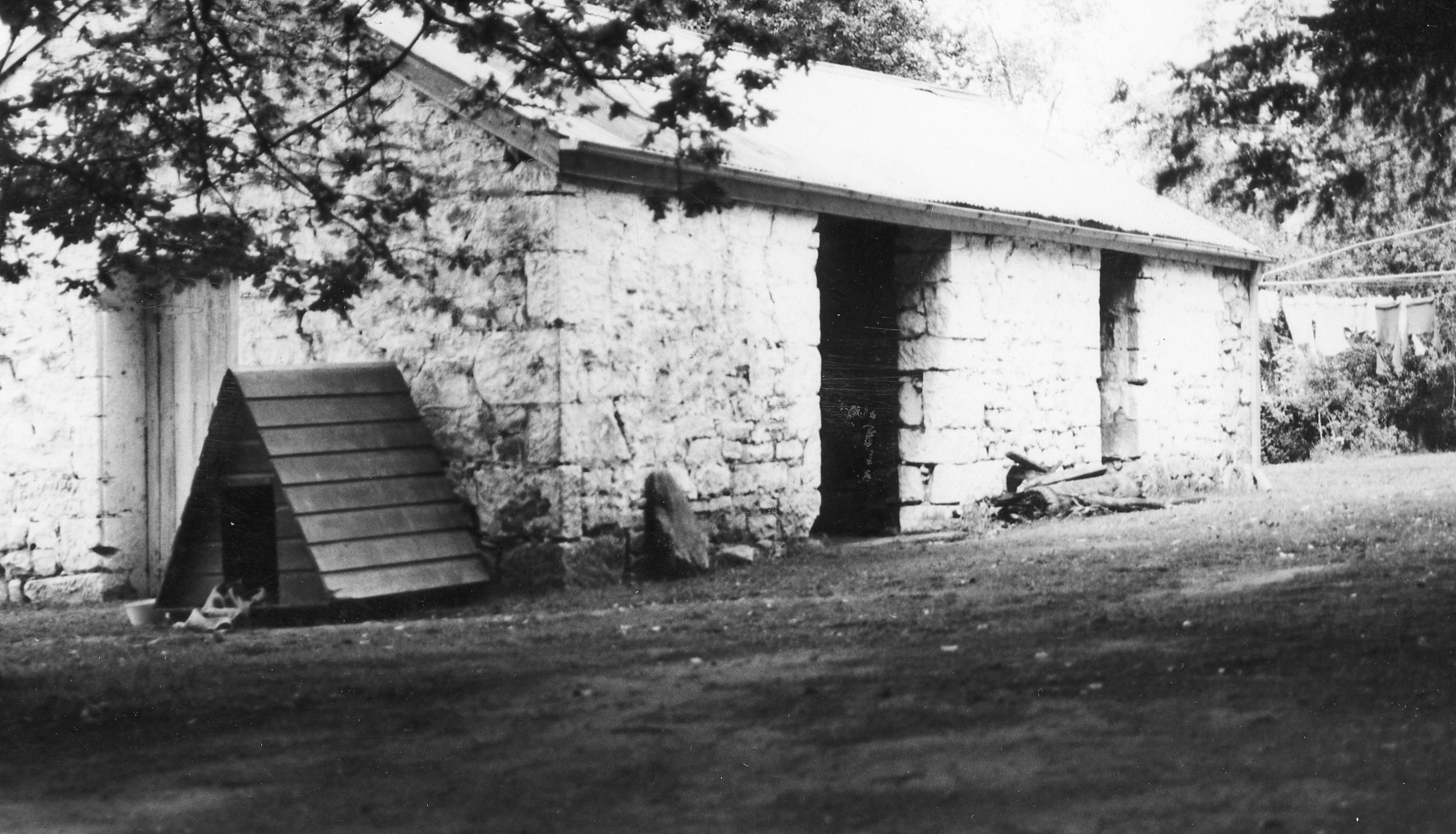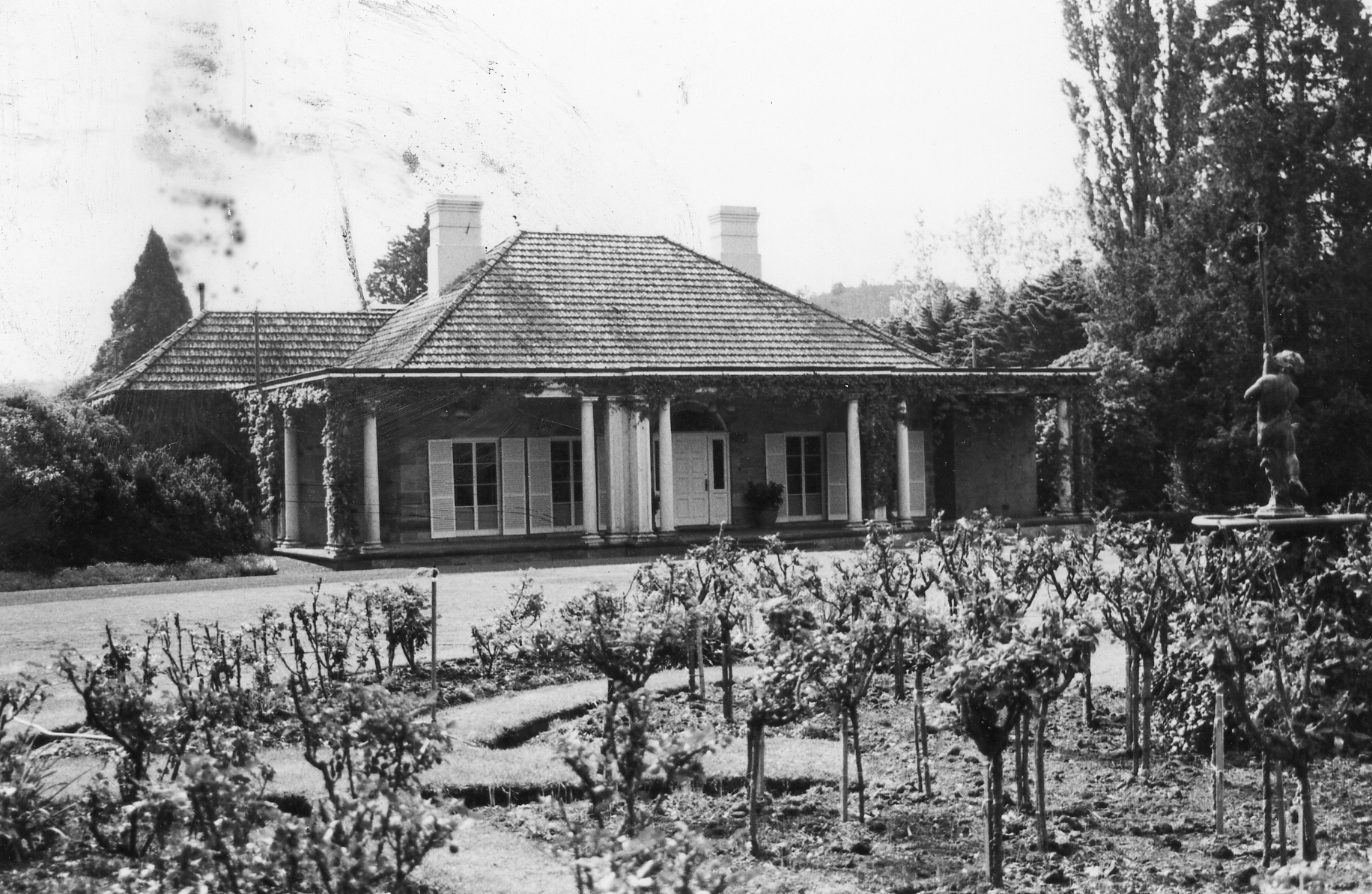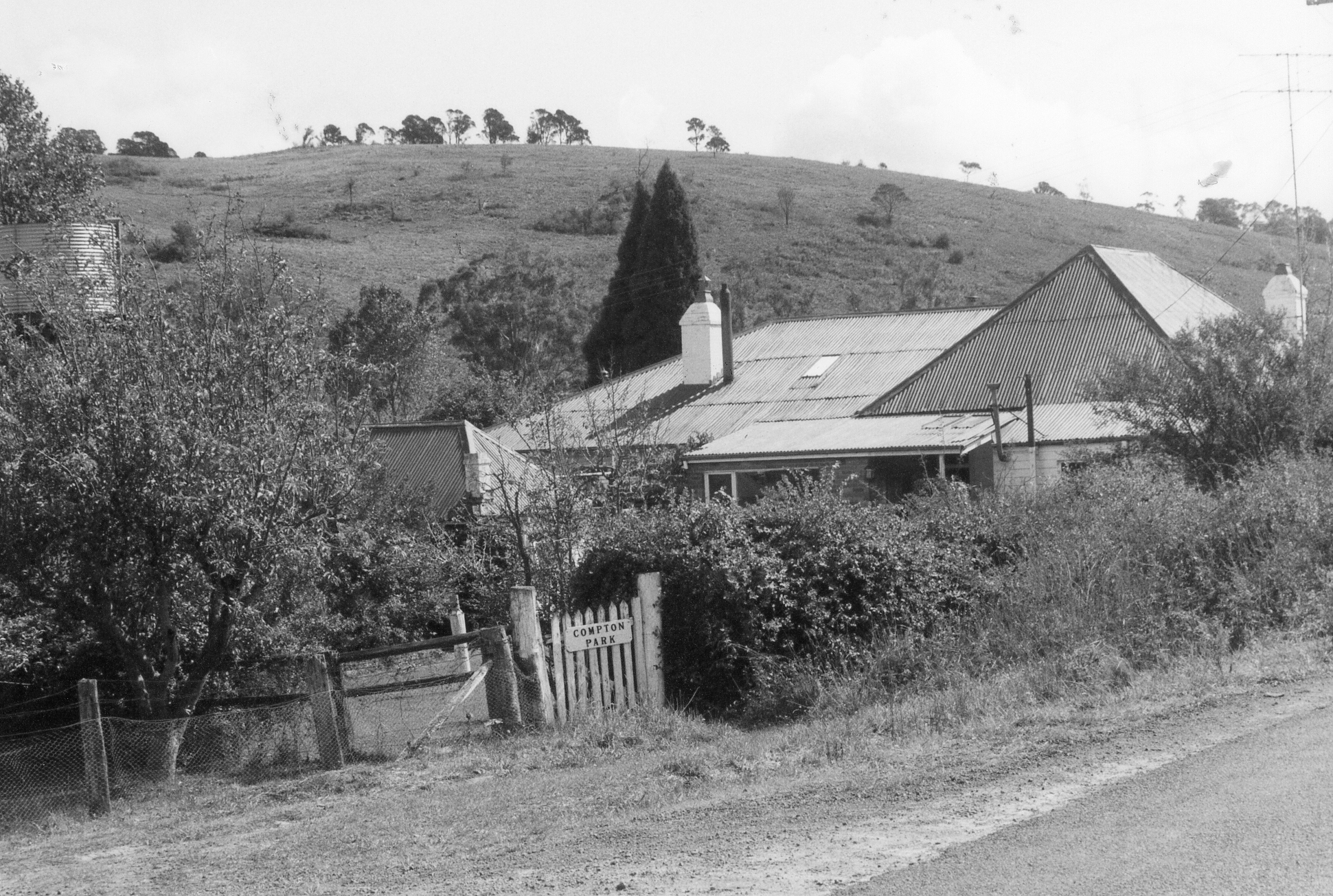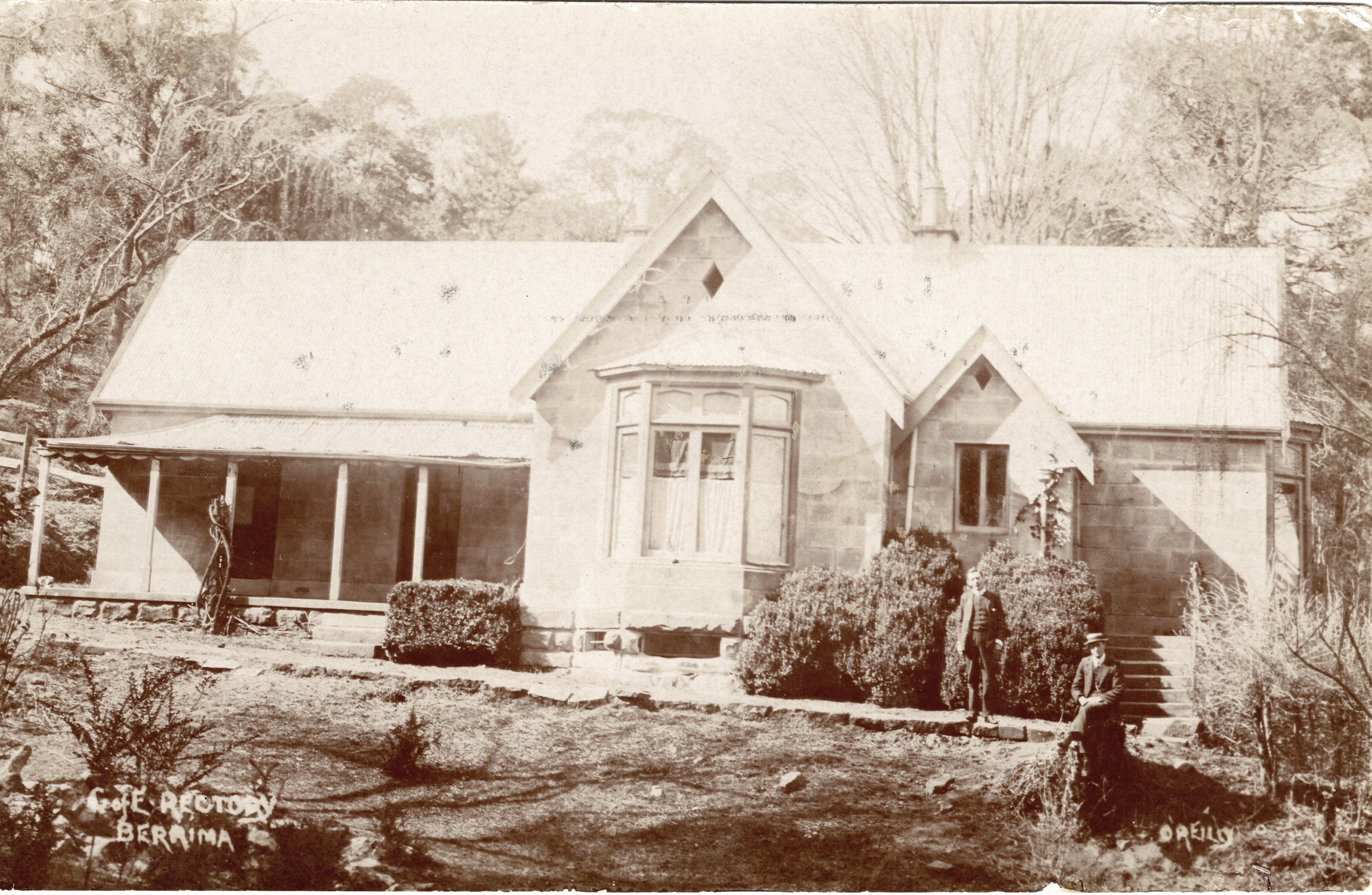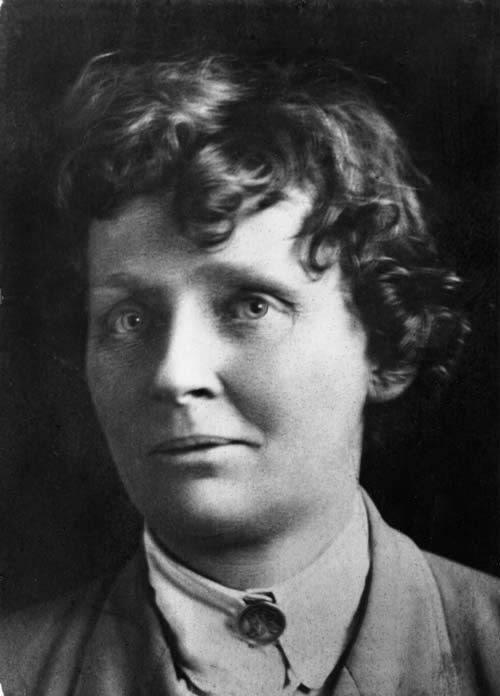 Ettie Annie Rout who was responsible for sending the seed to Australia and New Zealand was a remarkable woman for her time. Born in Tasmania in 1877, she moved with her family to New Zealand in 1884. In July 1915, during the Gallipoli campaign of the First World War, she set up the New Zealand Volunteer Sisterhood and invited women between the ages of 30 and 50 to go to Egypt to care for New Zealand soldiers. In spite of government opposition, she sent the first batch of 12 volunteers to Cairo October 1915. The women worked in the New Zealand YMCA canteen in the Esbekiah Gardens and in hospitals. Her work among servicemen, first in Egypt and later in Paris during World War I made her something of a heroine to the French, yet she was considered persona non grata in New Zealand where the war cabinet banned mention of her in newspapers because of her development and advocacy of a safe sex kit for soldiers. She was a journalist, businessperson and writer, but most importantly, she was a campaigner for the prevention of sexually transmitted infections. While a French doctor regarded her as the 'guardian angel of the ANZACs', a bishop, speaking in the House of Lords, called her 'the most wicked woman in Britain'. For her work in Paris and in Villers Brettoneux, where she ran a Red Cross depot from 1919 to 1920, she was awarded the Medaille de la Reconnaissance Française (Medal of French Gratitude). The medal was created to express gratitude by the French government to all those who, without legal or military obligation, had come to the aid of the injured, disabled, refugees, or who had performed an act of exceptional dedication in the presence of the enemy during the First World War.
Ettie Annie Rout who was responsible for sending the seed to Australia and New Zealand was a remarkable woman for her time. Born in Tasmania in 1877, she moved with her family to New Zealand in 1884. In July 1915, during the Gallipoli campaign of the First World War, she set up the New Zealand Volunteer Sisterhood and invited women between the ages of 30 and 50 to go to Egypt to care for New Zealand soldiers. In spite of government opposition, she sent the first batch of 12 volunteers to Cairo October 1915. The women worked in the New Zealand YMCA canteen in the Esbekiah Gardens and in hospitals. Her work among servicemen, first in Egypt and later in Paris during World War I made her something of a heroine to the French, yet she was considered persona non grata in New Zealand where the war cabinet banned mention of her in newspapers because of her development and advocacy of a safe sex kit for soldiers. She was a journalist, businessperson and writer, but most importantly, she was a campaigner for the prevention of sexually transmitted infections. While a French doctor regarded her as the 'guardian angel of the ANZACs', a bishop, speaking in the House of Lords, called her 'the most wicked woman in Britain'. For her work in Paris and in Villers Brettoneux, where she ran a Red Cross depot from 1919 to 1920, she was awarded the Medaille de la Reconnaissance Française (Medal of French Gratitude). The medal was created to express gratitude by the French government to all those who, without legal or military obligation, had come to the aid of the injured, disabled, refugees, or who had performed an act of exceptional dedication in the presence of the enemy during the First World War.
For a more detailed biography of Ettie Rout see the Te Ara Encyclopedia of New Zealand entry by biographer Jane Tolerton: Ettie Rout
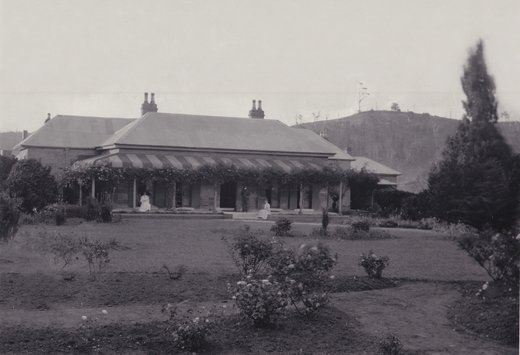
.jpg?template=generic)
